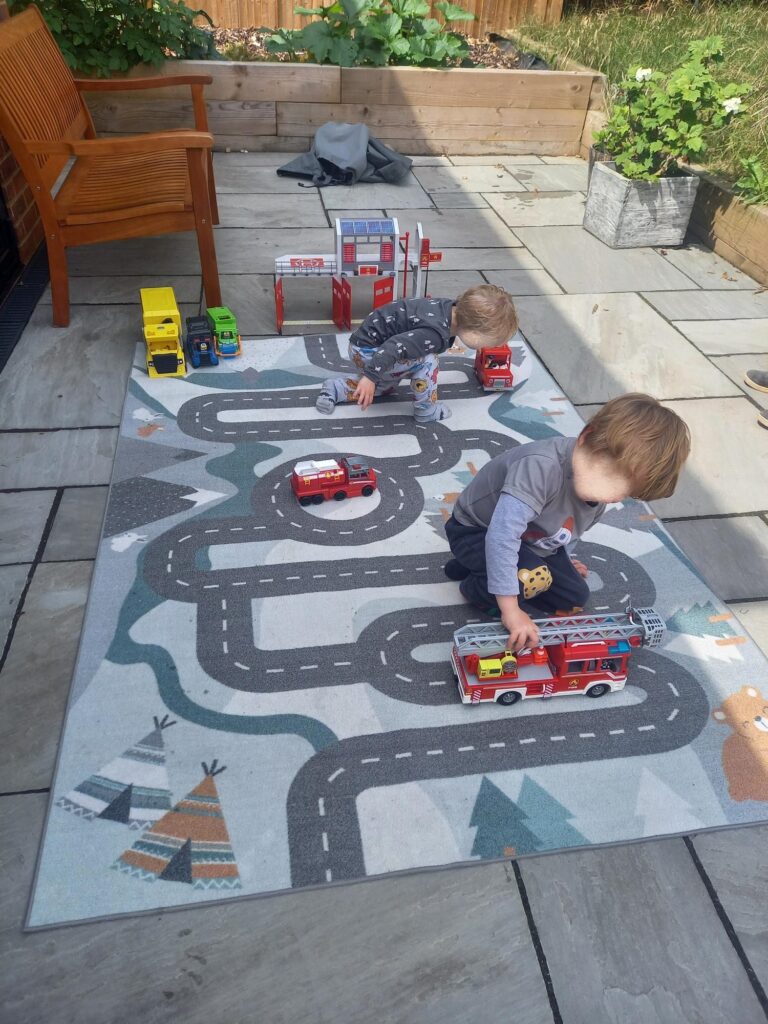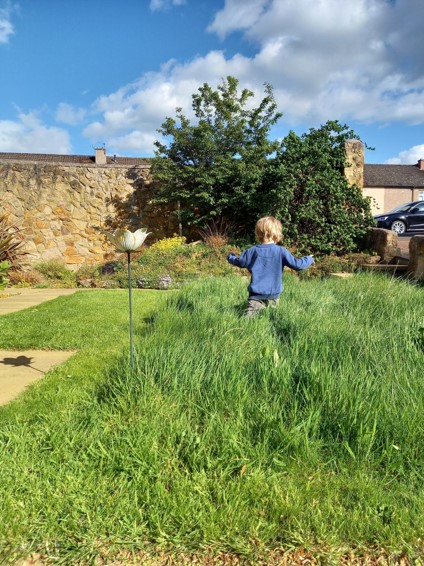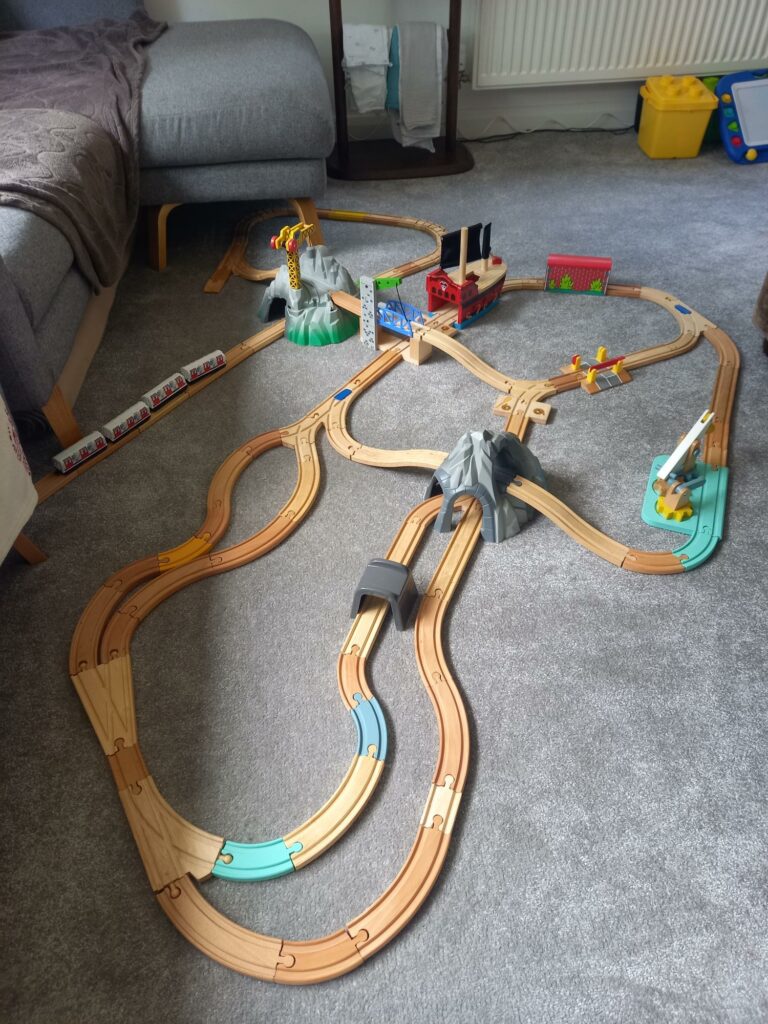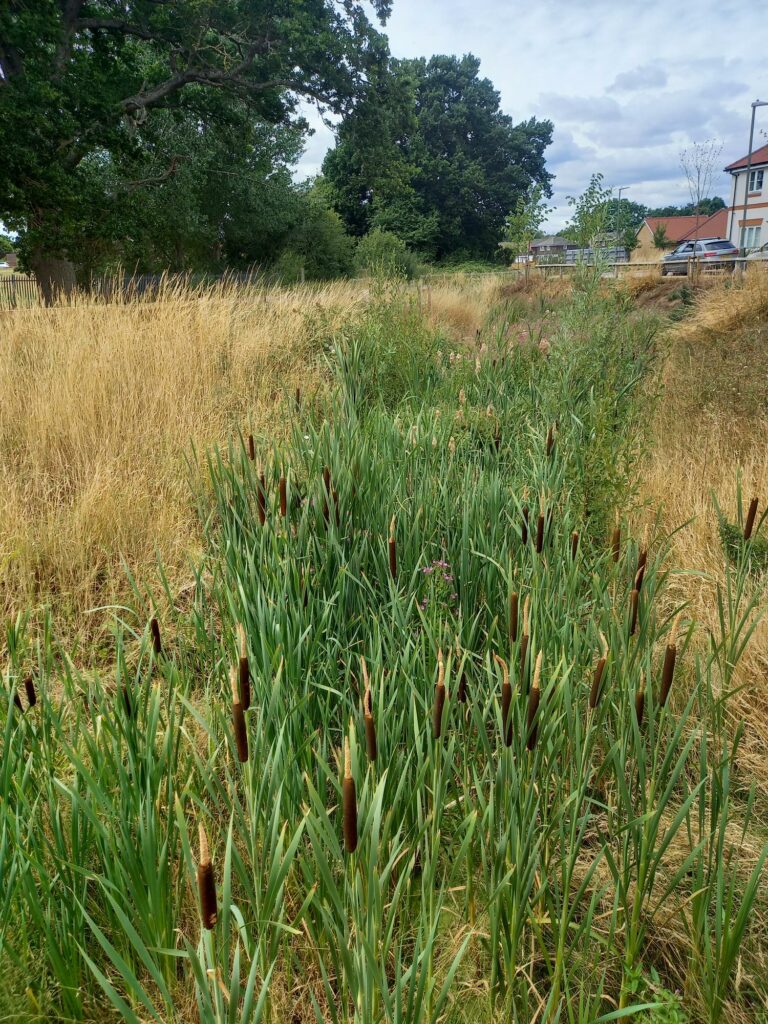I can’t believe 4 years have flown by since the last Project DeStress post. A lot has happened in that time. Three babies have been born into the team, members have graduated from university, there is a new PhD student, and all original team members having changed jobs (check the People page for more individual info). This has meant our individual soundscapes have changed! Mine has become a world of ‘nee naws’, and ‘choo choos’ while playing with the hundred plus train tracks and city layouts I’ve created for the young children. Thankfully this has been interspersed with a great appreciation of nature too and the sounds wildlife can add to our city soundscapes.



The two biggest changes for Project DeStress is a relocation from Heriot-Watt University to the University of Surrey late 2022. Thus we have this new website and soon the new location for the environment simulator, where you can design your own urban square and park. This move opens up lots of exciting new opportunities as the project is now based within a psychology department. It provides social science students, such as Tanya Spencer who joined last semester, the ability to get involved and explore relationships between health and wellbeing and soundscapes.

Moreover, being based within the Environmental Psychology team at Surrey, I get to work with great colleagues such as Dr Eleanor Ratcliffe, Dr Melissa Marselle, and Dr Konrad Uebel, who are also currently working on soundscape and wellbeing research. The University of Surrey is also in the unique position of hosting the only MSc Environmental Psychology programme in the UK, which has proudly run for 50 years (commencing 1973). This means students with backgrounds in architecture, planning, environmental science and psychology will all get the chance to engage with Project DeStress and help shape its future direction.

Project DeStress has also expanded its original remit of looking at urban parks and squares that could be candidate quiet areas, as per European regulations, to include a consideration of residential environments. In particular, the potential benefits of utilising sustainable drainage systems (SuDS) as a means to create positive soundscapes whilst still fulfilling their role of facilitating the movement of urban water flows to avoid flooding. Jivantika Satyarthi is the PhD student who is excitedly exploring this avenue of research in the ESRC SGSSS funded project “Building in soundscape resilience via flood resilience to create healthier residential environments”. You can read more about the project on the SuDS and Soundscapes page.
Finally there is more exciting news in the pipeline and we look forward to sharing that in the coming weeks… so stay tuned for more news from this newly located and invigorated Project DeStress!